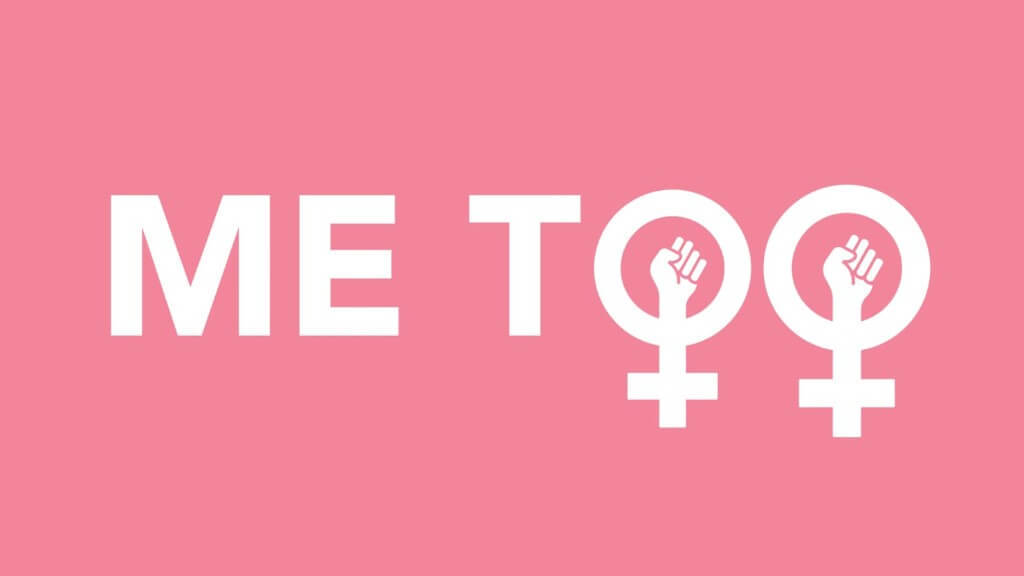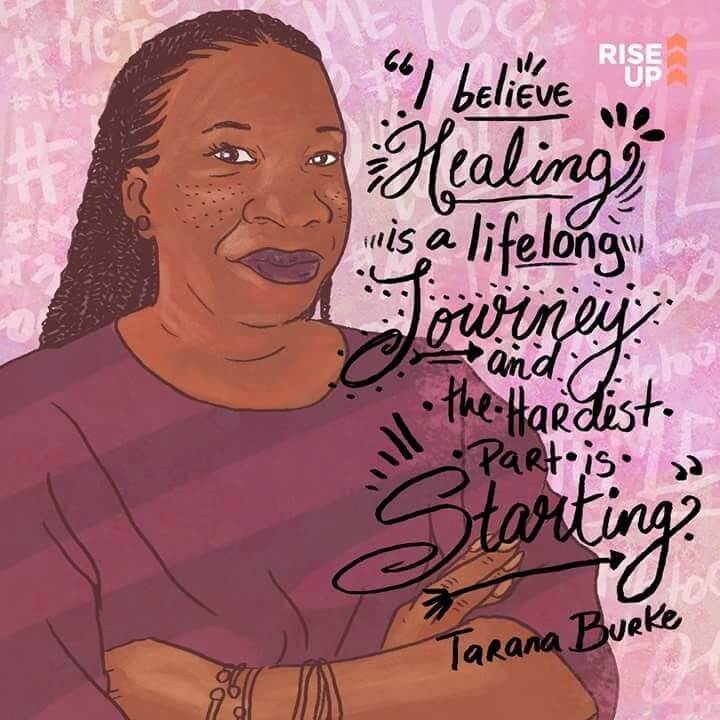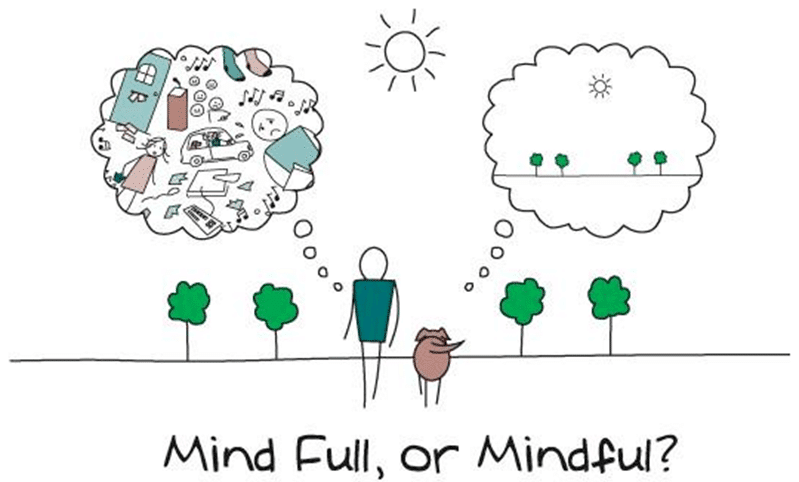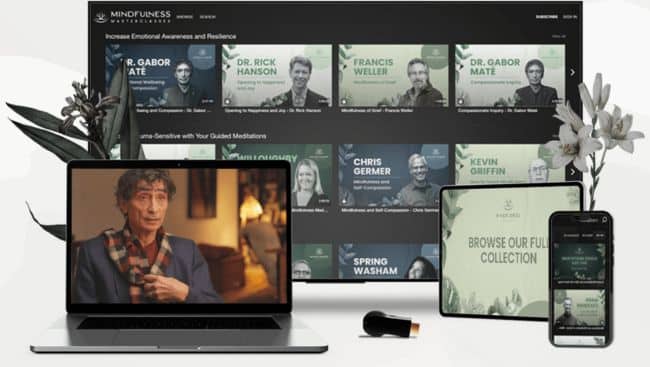See how the "Me Too" movement in Popular Mindfulness communities had spread. Get a better understanding of power through the stories of the victims. Below is a letter penned by Dachner.
Dear friends,
With recent accusations of impropriety made against Chade Meng-Tan (founder of Search Inside Yourself – the mindfulness program born at Google), Sakyong Mipham (leader of the Shambhala community), and Sogyal Rinpoche (famous Tibetan lama), the “Me Too” movement has made a big impact on some of our mindfulness communities.
My heartfelt compassion is with the accusers who had the courage to share their stories in the midst of their suffering. May their words and actions help reduce impropriety from other spiritual teachers in the future.
This news can also serve as an opportunity for us to reflect on our own relationship to power and influence. Dachner Keltner, leader of UC Berkeley’s Greater Good Science Center, wrote a wonderful book about this called:
The Power Paradox: How We Gain and Lose Influence
“It is taken for granted that power corrupts. This is reinforced culturally by everything from Machiavelli to contemporary politics. But how do we get power? And how does it change our behavior? So often, in spite of our best intentions, we lose our hard-won power.
Enduring power comes from empathy and giving.
Above all, power is given to us by other people. This is what we all too often forget, and it is the crux of the power paradox: by misunderstanding the behaviors that helped us to gain power in the first place we set ourselves up to fall from power.
We abuse and lose our power, at work, in our family life, with our friends, because we’ve never understood it correctly — until now.
Power isn’t the capacity to act in cruel and uncaring ways…
it is the ability to do good for others,
expressed in daily life,
and in and of itself a good thing.”
Well written, Dachner.
May these words resonate with the leaders of all of our mindfulness communities, now and in the future.
May we all do good for others with a sense of kindness,
As a friendly reminder, you can see Each Week’s Free Mindfulness Exercises Here
Want to build your mindfulness habit? Join Our Free 28-Day Mindfulness Challenge
To certify to teach mindfulness, check out our Accredited & Personalized Mindfulness Teacher Training Program.
Other Relevant Links:
What The Science of Power Can Tell Us About Sexual Harassment
The #MeToo Movement: Silence Breakers & The Call to Action
– With Tarana Burke & Soren Gordhamer














